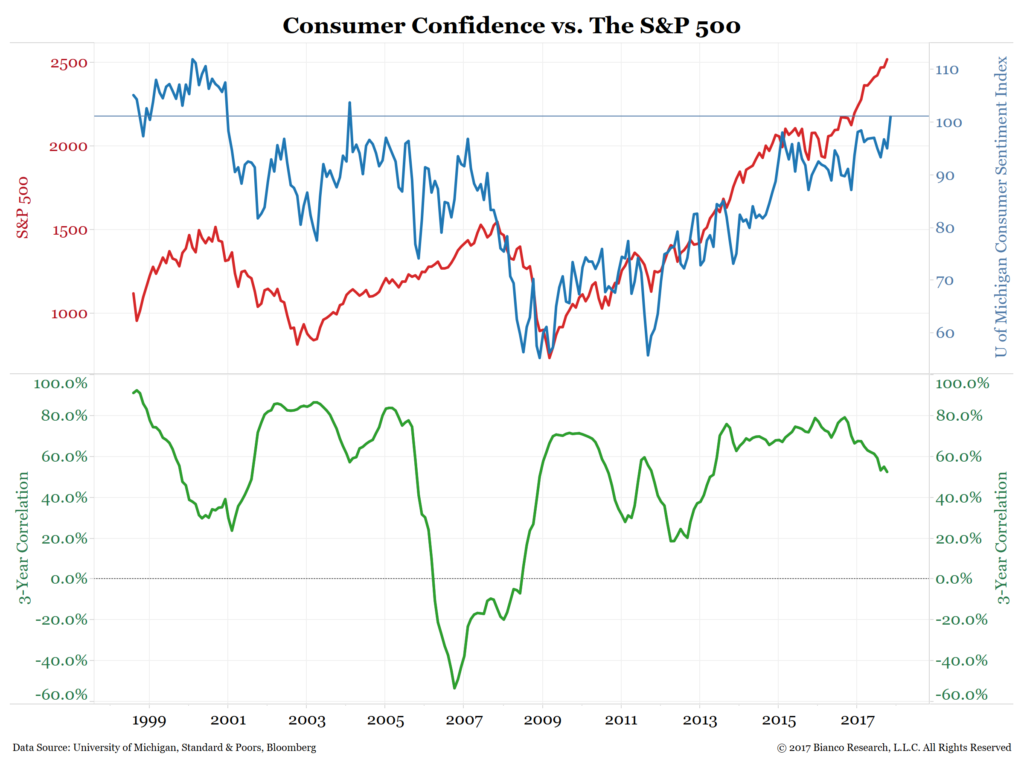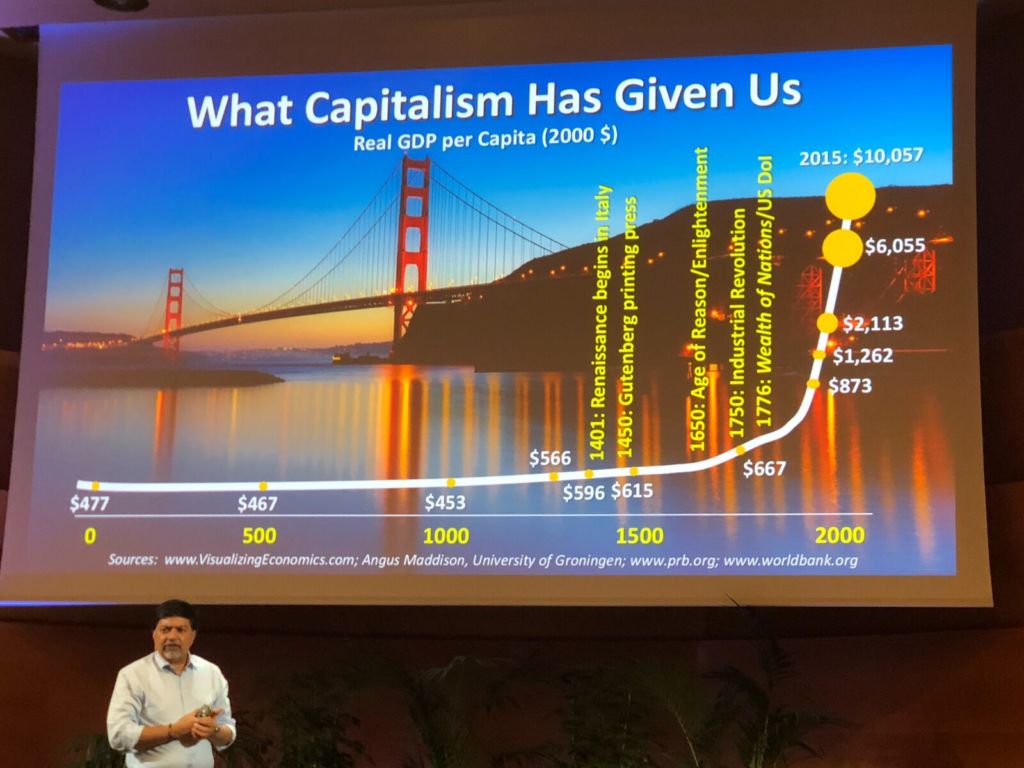“Conscious Capitalism is not about being virtuous or doing well by doing good. It is a way of thinking about business that is more conscious of its higher purpose, its impacts on the world, and the relationships it has with its various constituencies and stakeholders. It reflects a deeper consciousness about why businesses exist and how they can create more value” -John Mackey
The 2015 Nielsen Global Corporate Sustainability Report showed that 66% of all consumers are willing to spend more on products that come from responsible and sustainable brands.
Since consumers demand more socially conscious behaviors in the companies they buy products or services from, businesses need to incorporate social good and consciousness in their policies in order to stay competitive. To learn more about how to run a successful business, read this complete guide to HRIS.
For years, the perception and role of companies in society have been distorted and the confidence in big businesses has decreased. But embracing new ways of doing business can help companies to show they are true value creators.

As the panel shows, the correlation between the consumer confidence and stocks is very high.
Embracing transparency, honesty and ethical practices, companies cannot only be more attractive to customers but also to employees, improving their performance and productivity.
Conscious Capitalism is a new and encouraging global movement co-founded by John Mackey and Raj Sisodia, to challenge business leaders to rethink the purpose of their organizations, and to acknowledge their important roles in the global marketplace.
They believe in capitalism as a powerful system of value creation that can benefit all stakeholders and make the world a better place.
Running a company with purpose, what follows are customers, employees, leaders, and shareholders more engaged and committed.
As its credo defines, “business is good because it creates value, it is ethical because it is based on voluntary exchange, it is noble because it can elevate our existence, and it is heroic because it lifts people out of poverty and creates prosperity”.
We attended the last Conscious Capitalism Conference that took place in Barcelona on 9th July . Here her main take aways from the opening of the conference by Raj Sisodia, reinforcing the reason why more companies embrace conscious capitalism every day.

Raj Sisodia during the Conscious Capitalism European Conference 2018 in Barcelona.
The benefits we learned of doing business in a more conscious way
As Sisodia highlighted, “decreased confidence in big businesses generates distrust and disengagement”.
Nowadays, 88% of Americans feel they work for a company that doesn’t care about them as human beings and more than 20% of heart attacks occur on Monday mornings.
Consumer behavior is changing and society is demanding companies to make a real and positive contribution to the planet and community in general.
For Sisodia, “profits are essential, something inherent in businesses, but they’re not the purpose. Humans need to care and take business out of the war terminology”.
As Dalai Lama said, “purpose is to help others, if not possible at least don’t hurt them”.
Higher purpose, stakeholder integration, conscious leadership, and conscious culture & management are the four key pillars for conscious capitalism.
First, higher purpose is central to a conscious business, because every business should have a purpose beyond making money, but all of them are interconnected and mutually reinforcing.
“Profits are essential for social good, but what matters is how that profit is made. Profit is not an end in itself but rather a tool for a business to achieve its higher purpose”.
Second, conscious businesses focus on creating value for all of their stakeholders. As Herb Kelleher understood “the business of business is people”.
“A motivated employee treats the customer well. A customer is happy so they’ll keep coming back, which pleases the shareholder. It’s just the way it works”, the founder of Southwest Airlines said at the beginning of the past century. And it is still true.
With the win-win-win model, the business, the customer and those in need obtain benefits.
Creating value beyond profits for all stakeholders, businesses can improve its productivity, performance and the entire system grows.
At the same time, as Sisodia commented during the conference, companies with a conscious approach ensure that “it is grounded in a higher purpose to enhance its positive impact on the world”.
In this sense, companies cannot ignore the environmental context in where they operate. Taking into account the limited capacity of our planetary resources, it is obvious that business also have to be part of the solution.
Third, the role of conscious leaders, who focus on facilitating collaboration, is key. Leaders need to understand the interconnected relationship between stakeholders as part of the system and working to create a win-win scenario for all.
They need to be able to inspire and lead by example and help drive the culture of the business, the last key pillar of conscious capitalism.
Fourth, a values-based company supported by a strong and conscious culture and management is clue for the long-term growth of companies.
Culture is what connects employees with leaders, and also the company to customers and society.
“Competitors can copy your products or your trade dress or your promotional strategy (check a review here) , but they can never replicate your culture. The most sustaining competitive advantage a company has is a deep, rich, powerful, values-driven culture.”
It is true. Many people believe that words of capitalism and conscious can’t be in the same sentence.
As a relatively new movement, of course, the concept of conscious business is still evolving.
It is clear however; customers are demanding transparency as they take an increasing interest in the ethical practices of those they buy from.
Employees and workers are also demanding best practices at the workplace that allow them a better work-life-balance.
The Mother Earth needs environmentally conscious firms that make the Planet a better place to live.
Then, probably, we hope so at least, the demand for conscious businesses will only continue to grow. If you run a company this could be an opportunity.
If you think about your business today: is your company playing a conscious role in the society?


